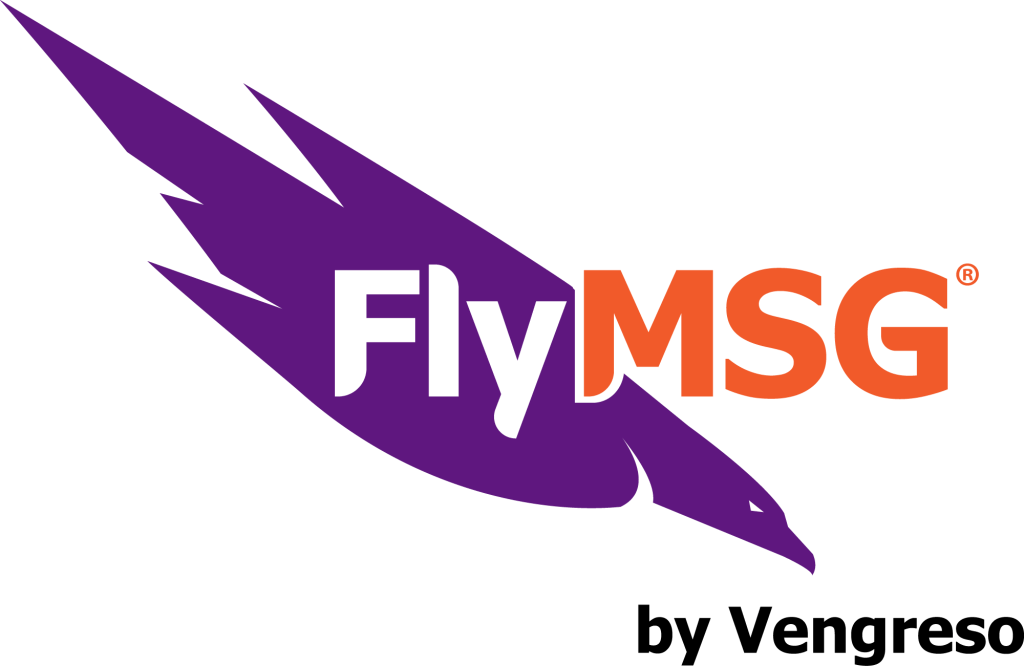As a website owner, it’s your job to keep your content fresh and on the cutting-edge. There’s always some new brilliant way to get more clicks, and as trends keep changing, it’s important you use every tool in your arsenal to keep your traffic up.
However, all of this work with marketing your content puts a lot of your site’s information out there on display. You use a lot of sensitive data to get the information you need and have countless site logins and passwords. If your information were to be compromised, which happens all too often, your site could be infiltrated by hackers, and your reputation would tank.
With that in mind, approach marketing your site with the idea that the information you’re using to do so is very valuable to hackers. Here are a few things you can do to make sure that as you’re trying to generate more exposure, you’re not selling out to criminals.
Always Work on a Secure Network
Before you look at anything else, make sure you’re working on a secure network. Just because you’re using a home network doesn’t necessarily mean that your data is protected. If you’re using a factory default password on your router (or no password at all), you need to reevaluate things.
Always use a secure, unique password for your WiFi network, and change the name of the network from the factory settings. Hackers can often use this information to identify the device and pinpoint security weaknesses.
Public networks pose their own set of hazards, for obvious reasons. These networks are open to anyone and are the virtual equivalent of parking in a public lot. They’re not always your safest option. Before you do any marketing work on a public WiFi hotspot, make sure you’re taking a few precautions:
- Adjust your network settings – Some devices have a setting in your networks setting called “network discovery”. This feature allows other users on a network to see your device, inadvertently presenting you as a target to hackers that may be looking for a victim. Turn this setting off.
- Adjust sharing settings – On public WiFi, sharing is not caring. Disable things such as device and public file sharing. It’s just taking an unnecessary risk on a network where you don’t know all the users.
- Use a VPN – This last one’s important. If you are going to use a public network, ideally you really need to encrypt your data so that if it is intercepted by someone, there’s no harm done. Virtual Private Networks (VPNs) automatically encrypt your traffic and give you access to blocked sites. Install one on your device, set it up to run automatically, and you’re good to go. Andrew Gitt from VPNBrains underscores the importance of this security measure: “Using a VPN on public networks is like having a personal security guard for your data. It creates a secure tunnel for your internet activities, shielding you from the vulnerabilities that are all too common on public Wi-Fi networks.”
- Check your website hosting: When it comes to ensuring the security of your site, it’s crucial to use protected hosting service. This is especially important when hosting React apps, as these dynamic applications can be prime targets for cyber attacks. Distributed Denial of Service (DDoS) attacks are a common threat that can overwhelm your website with traffic, causing downtime and potential data breaches. DDOS protected VPS hosting provides an additional layer of security by mitigating and absorbing such attacks, ensuring your website remains accessible and secure even during malicious traffic surges
Cloud data security is equally important, not just in secure network practices but within all business operations. Implementing cloud-based data protection practices ensures a multi-layered approach to safeguarding information both at rest and in transit.
Use Sensible Password Security
A shocking number of people have some pretty terrible password practices. Recycling the same passwords over and over again, sharing them with the wrong people, or using ridiculous ones such as “123456” are all too common mistakes that, despite warnings, people are still making, endangering their data security. Using a password manager can help mitigate these risks by generating and storing strong, unique passwords for every account.
Always, always, always use a unique password, ideally with a random assortment of numbers and symbols. Implementing a robust password management system can help you generate and securely store complex, unique passwords for each account, reducing the risk of unauthorized access to your sensitive data. If you have a hard time remembering passwords, you can use a password management service such as LastPass, but never store files with password information on your computer.
Also, be very cautious about whom you give any information to. Many hackers now use a form of information theft called social engineering in which they glean personal details from people by staging conversations, and then using that information to guess login information or answer security questions.
Always Use Up to Date Software and Plugins
Updates can be a pain, but if you’re using old plugins to conduct market research, you’re opening yourself up to be infected with malicious code. The longer a plugin version sits on the web, the more time hackers have to infiltrate them and wreak havoc, which is why developers are always pushing newer versions, aside from fine tuning. For more insights into optimizing your site securely, explore Best LMS Plugins.
Using the latest and greatest version of anything means that hackers have had very little time to try to assess any weaknesses and that your site is less likely to be infiltrated by malware or spam. Always try to use the latest version of any tools for your content marketing and SEO work.
Additionally, leveraging IP Intelligence can play a significant role in your online marketing tools arsenal. Utilizing a free IP Intelligence API helps you understand the origin of your traffic and tailor content delivery based on the user’s location, ensuring targeted security measures and potentially improving engagement rates.
Be Wary of Phishing Attempts
During the process of trying to get your site’s content to as many viewers as possible, you’re likely going to contact hundreds of sites and companies. Link building is one option for sharing your content, and you’ll quickly be astonished by the number of people you come into contact with.
That being said, make sure you’re contacting the right people and always be aware of whom you’re actually talking to. Email scams are getting increasingly cleverer, and many phishing attempts now come in the form of a message that appears to be sent from an institution you may have had contact with. These emails are designed to trick you into logging into a fake site and giving up your password.
When in doubt, always log into sites by manually entering the URL into your address bar, and always keep detailed contact information on the people you interact with so you can have a clear understanding of whom everyone is and what kind of information you’re comfortable sharing.
Market a Solid Reputation with a Secure Site
It’s astonishing how many sites hackers infiltrate. It seems that nobody is beyond becoming a victim either. Even cyber security industry professionals have had their accounts compromised, and it’s a difficult blow to recover from.
Just as you’re marketing your website content with SEO work and research, you need to build a solid reputation for having a safe, professional site, and you can only do that with solid security practices. Quality website content deserves protection through comprehensive security measures. If your site becomes a hotbed for spam or is frequently being hacked, you’re going to lose customers, and ultimately, credibility.
Practice some common sense cyber security, and make sure that it’s just as much of a priority as marketing.







